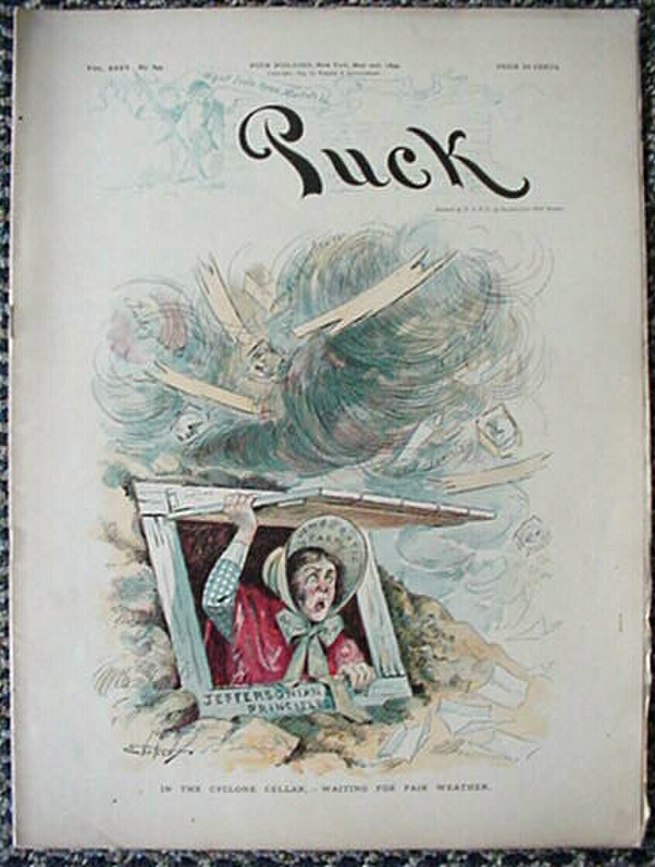
Main Difference
The main difference between Colloquialism and Metaphor is that the Colloquialism is a language that is used in daily life and Metaphor is a figure of speech.
-
Colloquialism
Everyday language, everyday speech, common parlance, informal language, colloquial language, general parlance, or vernacular (but this has other meanings too), is the most used variety of a language, which is usually employed in conversation or other communication in informal situations.
An example of such language is called a colloquialism, or casualism. The most common term used by dictionaries to label such an expression is colloquial. Many people however misunderstand this label and confuse it with the word local because it sounds somewhat similar and because informal expressions are often only used in certain regions. (But a regionalism is not the same thing as a colloquialism, and a regionalism can be local formal speech). Much of the misunderstanding is ironically caused by the dictionary label itself being formal and not part of everyday speech. As a result, there is widespread confusion between colloquialisms and regionalisms and idioms even among dictionary users and perhaps especially among them. In addition to the problematic colloquial, Wiktionary also uses the universally understood label informal but does not define any difference between them.
The word colloquial by its etymology originally referred to speech as distinguished from writing, but colloquial register is fundamentally about the degree of informality or casualness rather than the medium, and some usage commentators thus prefer the term casualism.
-
Metaphor
A metaphor is a figure of speech that directly refers to one thing by mentioning another for rhetorical effect. It may provide clarity or identify hidden similarities between two ideas. Antithesis, hyperbole, metonymy and simile are all types of metaphor. One of the most commonly cited examples of a metaphor in English literature is the “All the world’s a stage” monologue from As You Like It:
This quotation expresses a metaphor because the world is not literally a stage. By asserting that the world is a stage, Shakespeare uses points of comparison between the world and a stage to convey an understanding about the mechanics of the world and the behavior of the people within it.
The Philosophy of Rhetoric (1937) by rhetorician I. A. Richards describes a metaphor as having two parts: the tenor and the vehicle. The tenor is the subject to which attributes are ascribed. The vehicle is the object whose attributes are borrowed. In the previous example, “the world” is compared to a stage, describing it with the attributes of “the stage”; “the world” is the tenor, and “a stage” is the vehicle; “men and women” is the secondary tenor, and “players” is the secondary vehicle.
Other writers employ the general terms ground and figure to denote the tenor and the vehicle. Cognitive linguistics uses the terms target and source, respectively.
-
Colloquialism (noun)
A colloquial word or phrase; a common spoken expression, often regional.
-
Metaphor (noun)
The use of a word or phrase to refer to something that it is not, invoking a direct similarity between the word or phrase used and the thing described (but in the case of English without the words like or as, which would imply a simile); the word or phrase used in this way; an implied comparison.
-
Metaphor (noun)
The use of an everyday object or concept to represent an underlying facet of the computer and thus aid users in performing tasks.
“desktop metaphor; wastebasket metaphor”
-
Metaphor (verb)
To use a metaphor.
-
Metaphor (verb)
To describe by means of a metaphor.
-
Colloquialism (noun)
a word or phrase that is not formal or literary and is used in ordinary or familiar conversation
“the colloquialisms of the streets”
-
Colloquialism (noun)
the use of colloquialisms
“speech allows for colloquialism and slang”
-
Metaphor (noun)
a figure of speech in which a word or phrase is applied to an object or action to which it is not literally applicable
“her poetry depends on suggestion and metaphor”
“when we speak of gene maps and gene mapping, we use a cartographic metaphor”
-
Metaphor (noun)
a thing regarded as representative or symbolic of something else
“the amounts of money being lost by the company were enough to make it a metaphor for an industry that was teetering”
